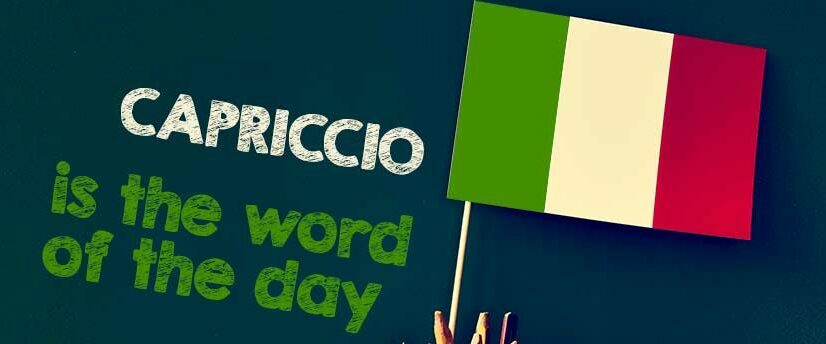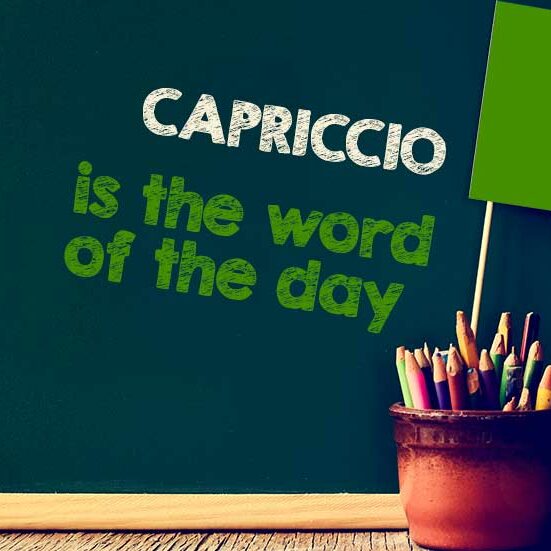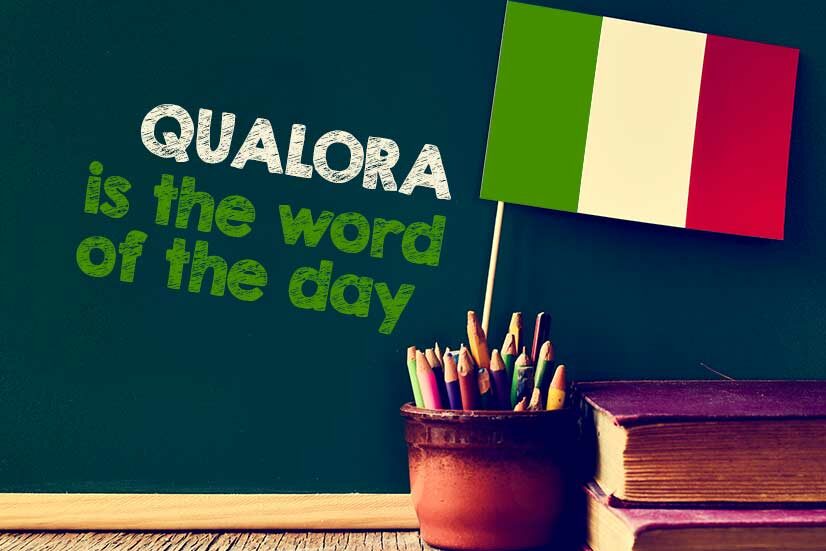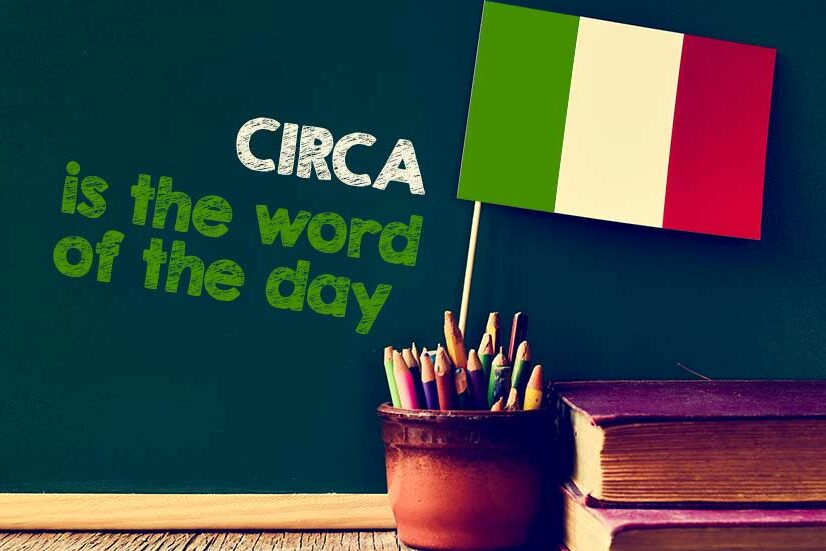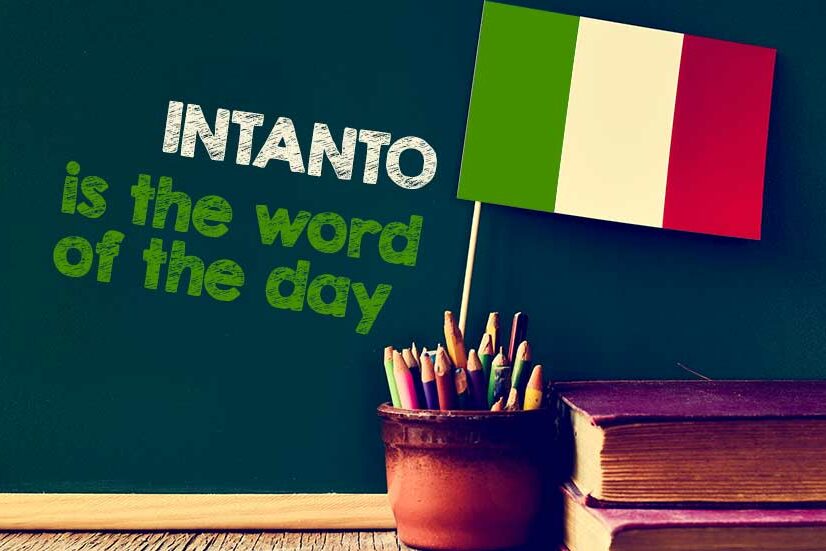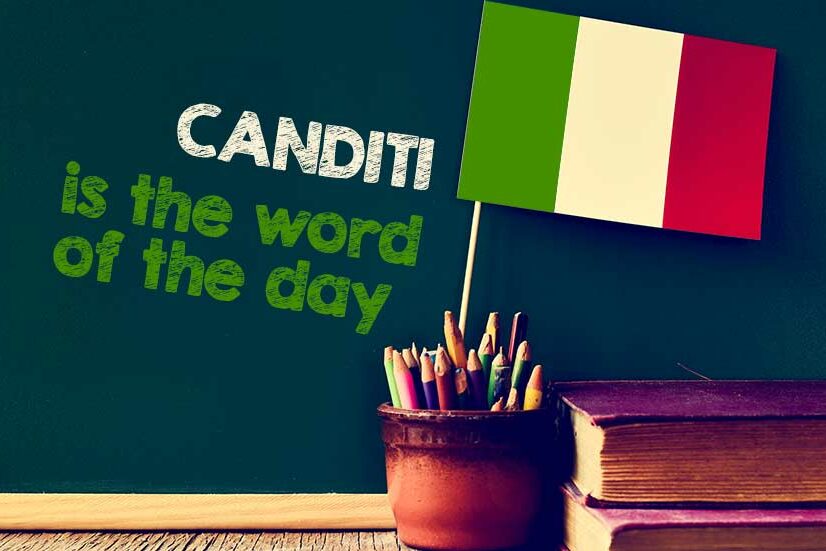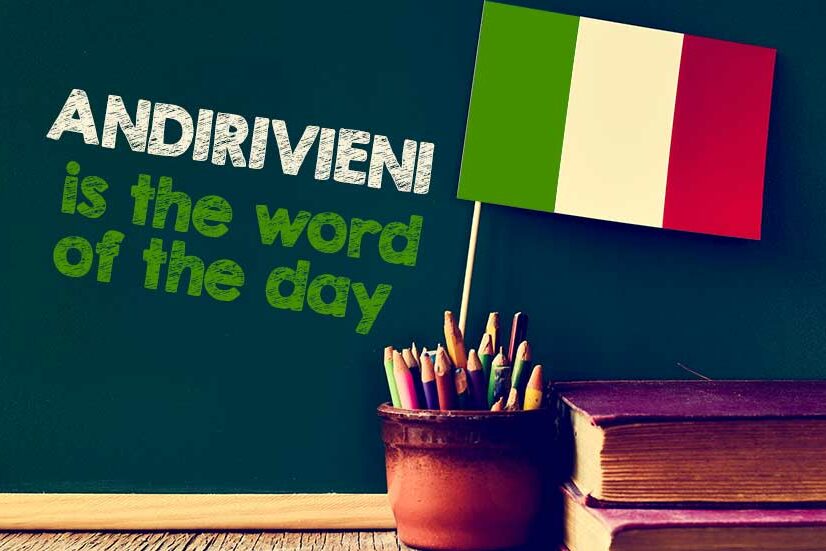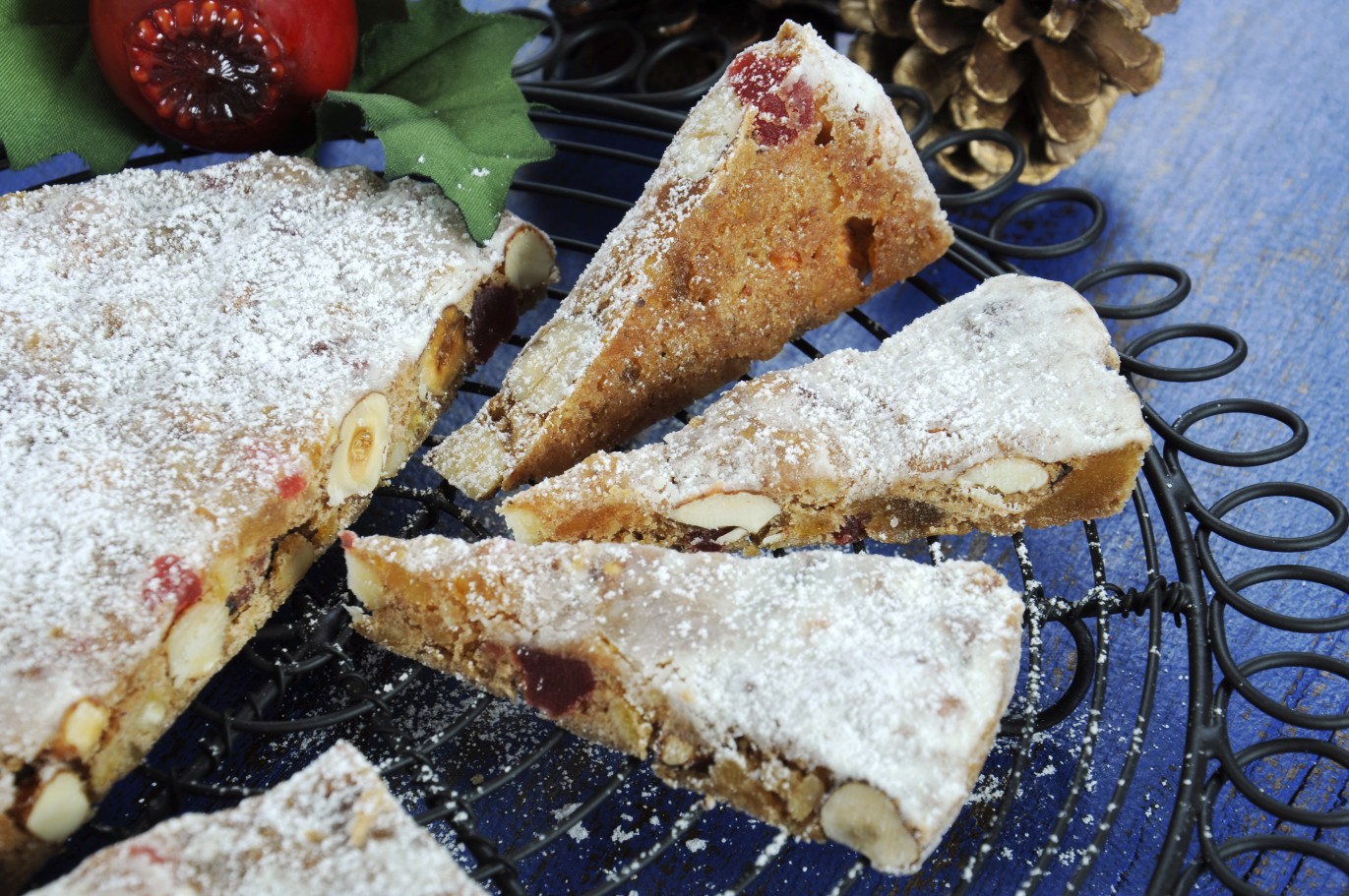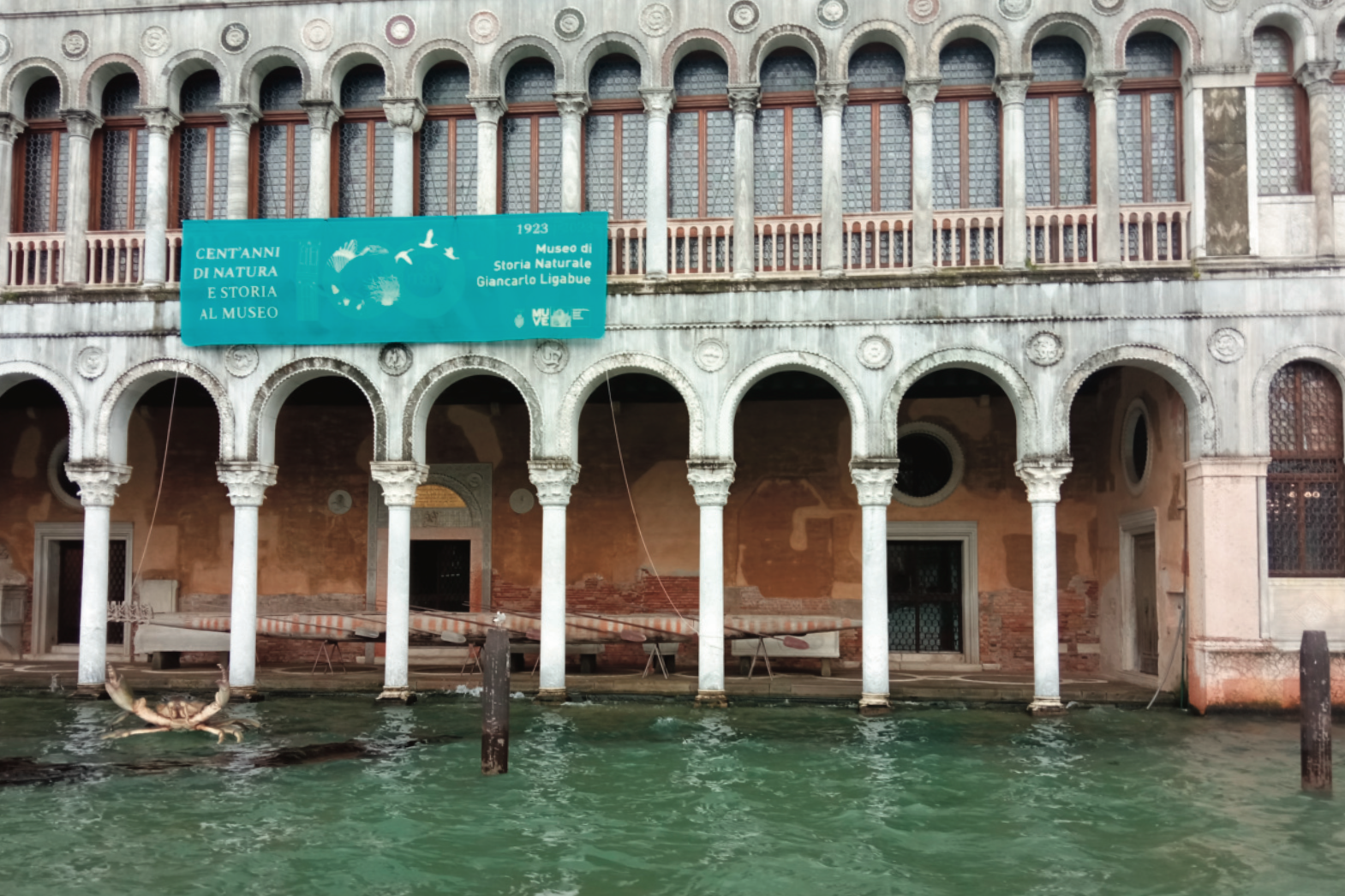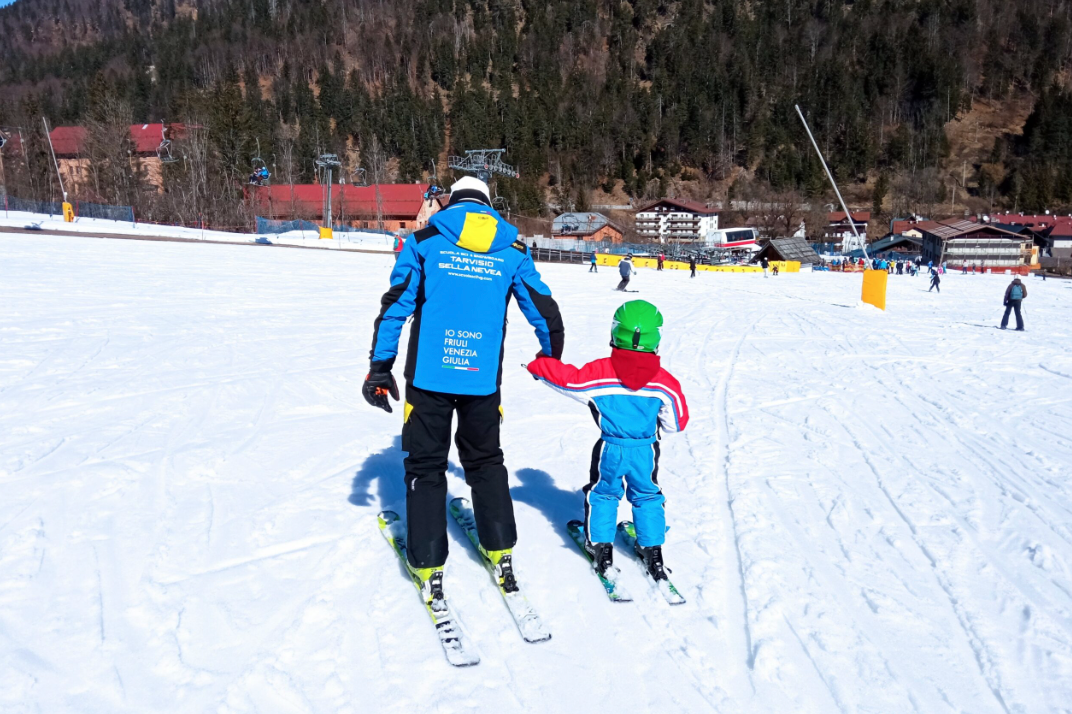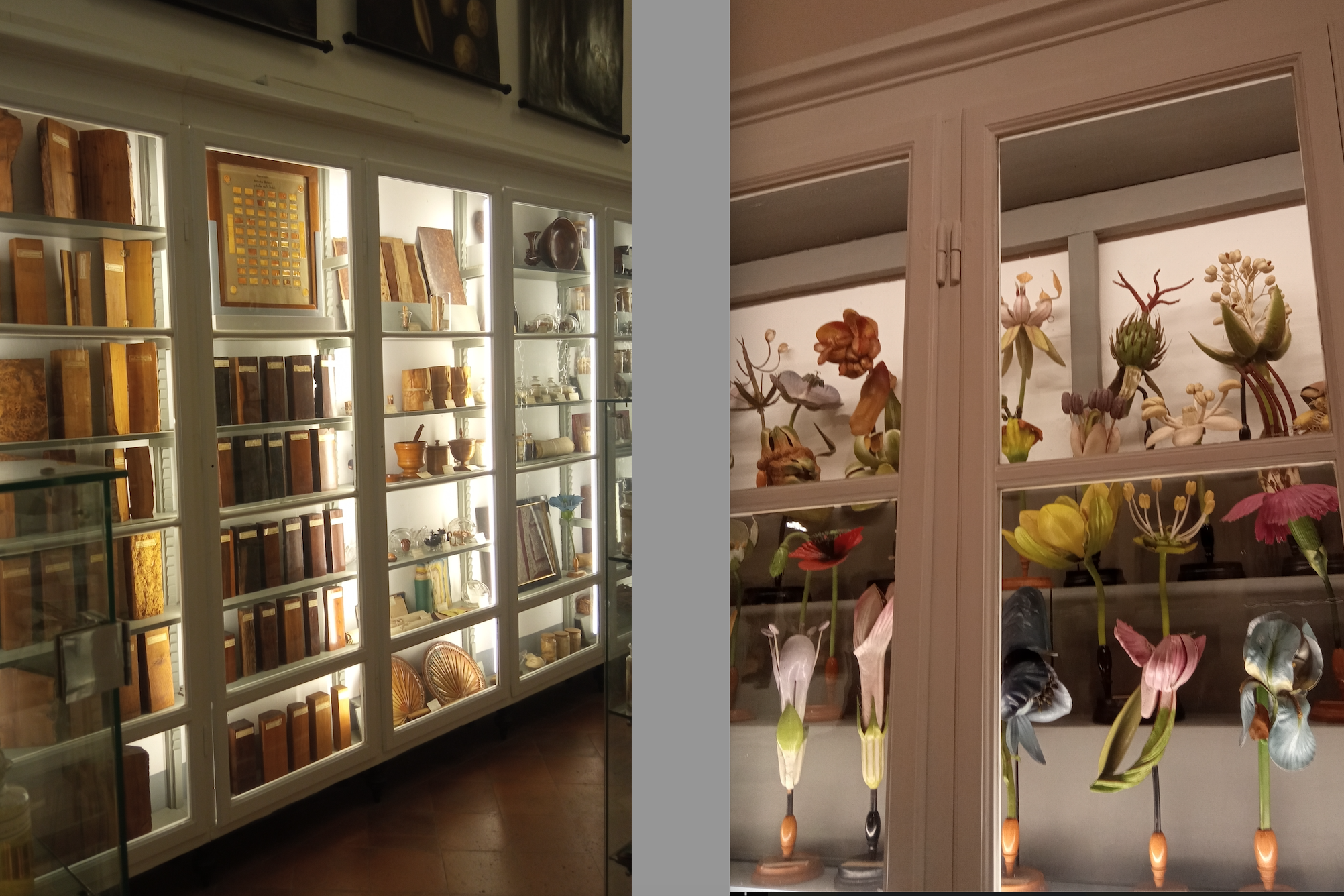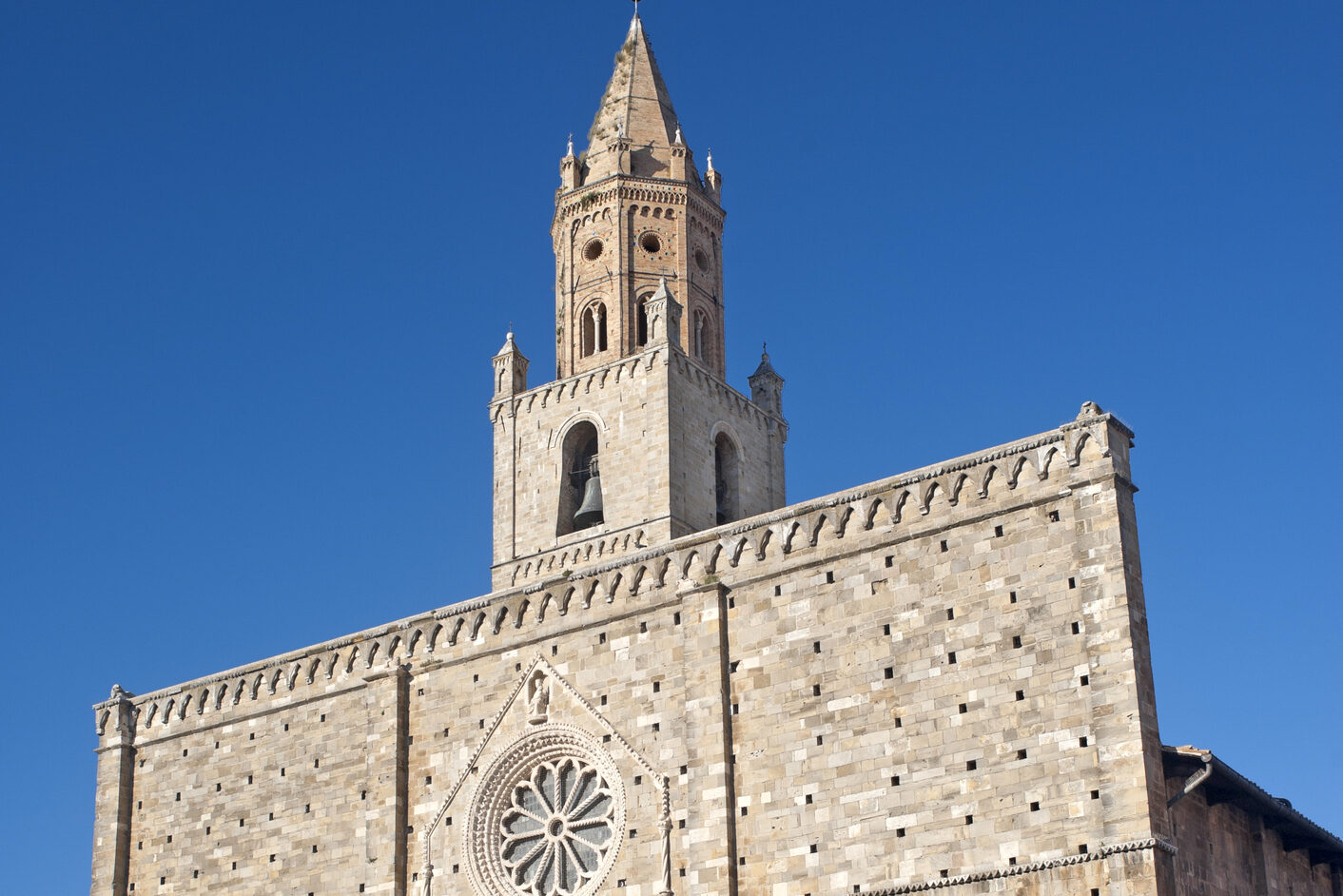Word of the Day
Qualora (Kooah-loh-rah) is a bit of a fancy word because we don’t use it every day. Qualora is more of a “written Italian” thing or something you’d use in the spoken language only in higher, more formal registers. But that doesn’t mean we …
The Italian word circa (cheer-kah) is not unfamiliar to English-speaking folks: we use it with dates to indicate something happened around the time we mention. In Italian, it has the same meaning, but with a couple more nuances. Of course, the circa we like in English …
Intanto (een-tan-toh) is today’s word. Attested for the first time in our beautiful language in the 13th century, it is formed by two terms, the preposition in and the adverb tanto. It is very common and we like to use …
Today’s word is very tasty and sweet! Canditi(singular: candito) are those little candied morsels you find in traditional panettone, along with sultanas. Canditi (kan-dee-tee) are just chopped candied fruit of all kinds, which are broadly used in patisserie not only …
You know when you are somewhere usually quiet, perhaps sitting on a bench in your favorite corner of the park near home, and it gets all of a sudden strangely busy? Or when you start noticing more and more people …
Who doesn’t want a white Christmas? Today’s word is welcomed by all those who enjoy snow! Nevischio (nai-vee-skeeoh) comes from the Italian word for snow, “neve,” and it appeared for the first time in our vocabulary in the 15th century. …
Quindi (kween-dee) comes from the vulgar Latin expression eccum inde, “here from this point,” which then turned into cum inde, through a series of key linguistic mutations that change the way we pronounce words when speaking them fast. Ah, the …
Compagnia (com-pah-ñee-ah) is a beautiful word, with a very interesting etymology. It comes from the Latin cum panis (with bread), which can be extended in meaning to “sharing the same bread.” Because this is exactly what people do when they …
Divieto (dee-vee-ai-toh) means “prohibition” or “interdiction” in English. It comes from the verb divietare, which was first attested in the 14th century, and that we no longer use today, preferring the shorter version vietare. Of course, both old and “new” …
Today’s word is delicious! Panforte (pan-for-tai) is a type of traditional cake from Siena, made with nuts, candied fruit, honey, sugar and spices. The word comes from the pane, “bread,” and forte, “strong” or, in this case, “firm.” Panforte hails …
